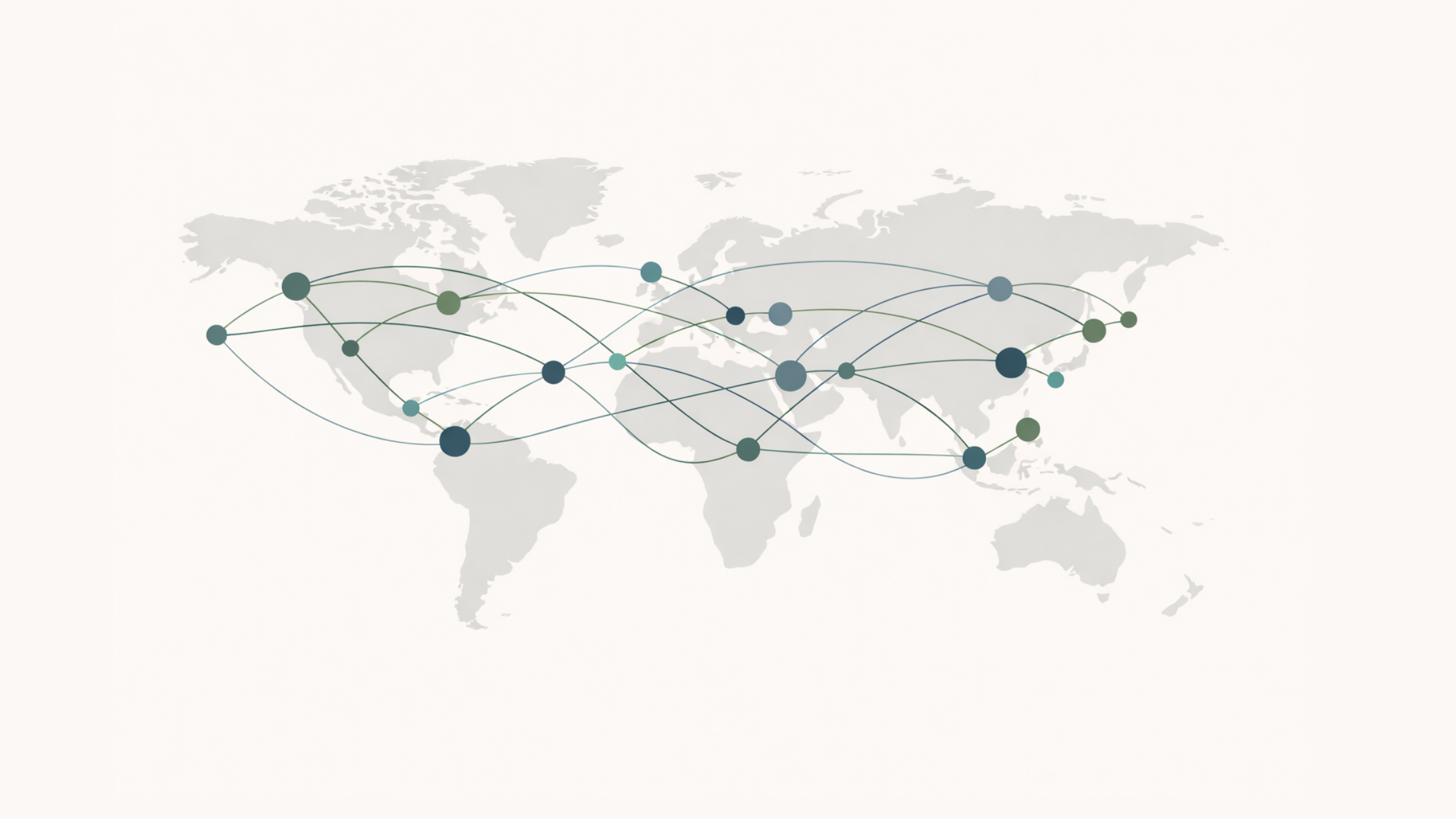As previously seen on Skytop Strategies, published with permission.
How to Globalize ESG Data
We’ve globalized culture (films, books, TV series) and supply chains. We’ve shared viruses and vaccines. We must now figure out how to globalize ESG data.
One driver for this is regulation. For instance, the EU’s Sustainable Finance Disclosure Regulation (SFDR) reporting rules will apply not only to European companies, but will also apply to non-EU financial services companies that have 500 or more employees who work in the EU. Whether non-EU companies must report the SFDR’s metrics on their European operations or on a worldwide basis is unclear. Either way, a lot of multinational banks will have to add new elements to their ESG reporting systems.
Another driver is cross border corporate investment. Companies that are thinking about opening a facility or marketing arm in a new country and want to be sure that employees working in that country will be safe and healthy. They will not only import technology and systems—they will want to import their culture and their attitudes on ESG are part of that culture. Japanese companies with divisions in the US have had to accept that employees will not work overtime for free. They have also had to adjust to US ideas regarding gender and racial diversity and equity. US companies operating in Europe have had to expand their family leave and health care policies, because European couples have different ways of sharing their parenting responsibilities. European companies that operate in China must decide if they will give the Chinese government a veto right over certain operating and communications decisions.
Where Companies Expand
We did a study a couple years ago in conjunction with Site Selection Magazine, on this topic. We used CSRHub data to show that companies tended to put new business sites into countries that had companies in them with ESG scores similar to theirs. They needed to fit into the culture they were joining.
Different Standards for Different Locations and Industries
Most ESG data providers “tilt” their standards so they are different for each location or industry. For example, they report different data elements and social behavior for a consumer company than for a mining company. However, European investors buy US equities—and vice versa. A Swedish investor could reasonably expect their broker to supply a unified report on the ESG characteristics of all of their holdings—regardless of where they are located or what industries they are in. The investor may soon demand as well that each component of that report would be measured using a single set of ESG measurement standards.
Global ESG Trends
We predict that other aspects of business and personal behavior will be changed by global ESG trends. Eco tourism is growing 10% to 30% per year and already represents 5% to 7% of its market. Professor Yilin Shi (a CSRHub subscriber) reported evidence that many companies may be “greenwashing” their supply chains. They disclose good supply chain ESG behavior and suppress bad information. By evolving and progressing rules on investment process disclosure (e.g. the “EU Taxonomy” and “TCFD”), investment managers will be forced to ask ESG-related questions of companies that are not in their own region.
Local Firms and Globalization
When an industry globalizes, local firms suddenly have to deal with powerful new competitors. To date, the number of consolidations (mostly acquisitions) seems to have been offset by the emergence of many new players. It will be interesting to see if globalization squeezes the number of data sources or if it creates new broad niches that smaller players can fill.
 Bahar Gidwani is CTO and Co-founder of CSRHub. He has built and run large technology-based businesses for many years. Bahar holds a CFA, worked on Wall Street with Kidder, Peabody, and with McKinsey & Co. Bahar has consulted to a number of major companies and currently serves on the board of several software and Web companies. He has an MBA from Harvard Business School and an undergraduate degree in physics and astronomy. He plays bridge, races sailboats, and is based in New York City.
Bahar Gidwani is CTO and Co-founder of CSRHub. He has built and run large technology-based businesses for many years. Bahar holds a CFA, worked on Wall Street with Kidder, Peabody, and with McKinsey & Co. Bahar has consulted to a number of major companies and currently serves on the board of several software and Web companies. He has an MBA from Harvard Business School and an undergraduate degree in physics and astronomy. He plays bridge, races sailboats, and is based in New York City.
About CSRHub
CSRHub offers one of the world’s broadest and most consistent set of Environment, Social, and Governance (ESG) ratings, covering 45,000 companies. Its Big Data algorithm combines millions of data points on ESG performance from hundreds of sources, including leading ESG analyst raters, to produce consensus scores on all aspects of corporate social responsibility and sustainability. CSRHub ratings can be used to drive corporate, investor and consumer decisions. For more information, visit www.CSRHub.com. CSRHub is a B Corporation.


.png)
